Summer vacation doesn’t have to mean your child’s brain takes a three-month break. While kids deserve time to relax and play, keeping their minds active during the warmer months helps prevent the dreaded summer slide.
The good news is that learning can be disguised as pure fun, making it a win-win for both parents and children. Here are seven exciting activities that will keep your kid’s brain buzzing all season long.
1. Nature Detective Adventures
Transform your backyard into a crime scene waiting to be solved. Kids become investigators, collecting leaves, rocks, and insects while documenting their findings in a special detective notebook. Each discovery becomes a clue in their ongoing case.
They can research their specimens online or in library books, learning about different species and habitats. This activity sharpens observation skills while teaching scientific thinking. Your young detective will develop patience, attention to detail, and critical thinking abilities without even realizing they’re learning.
2. Kitchen Chemistry Experiments
Your kitchen holds more scientific potential than any fancy laboratory. Simple ingredients like baking soda, vinegar, and food coloring create explosive reactions that fascinate young minds. Start with classic volcano experiments, then graduate to making slime, growing crystals, or creating color-changing milk.
Each experiment teaches cause and effect while introducing basic chemistry concepts. Safety comes first, so adult supervision is essential. Kids learn to follow directions precisely, make predictions, and record results just like real scientists do every day.
3. Storytelling Theater Productions
Encourage your child to write, direct, and star in their own mini-movies or plays. They can adapt favorite books, create original characters, or even document family history through performance. This activity exercises multiple brain regions simultaneously.
Writing scripts improves language skills, while directing develops leadership abilities and problem-solving techniques. Performance builds confidence and public speaking skills. Whether they film with a smartphone or perform live for family, kids learn to express ideas clearly and creatively while having a blast.
4. Math Treasure Hunts
Hide mathematical clues around your house or neighborhood, creating an adventure that feels more like a game than homework. Each solved equation leads to the next location. Adjust difficulty based on your child’s grade level, incorporating addition, subtraction, multiplication, or even basic algebra.
Include word problems that relate to real-world situations they understand. This activity makes abstract math concepts concrete and relevant. Kids practice mental math, logical reasoning, and spatial awareness while racing against time to find the ultimate treasure.
5. DIY Engineering Challenges
Present your child with everyday materials and specific building challenges. Can they construct a bridge using only newspapers and tape? How about a tower that survives an earthquake simulation? These projects teach engineering principles through trial and error.
Kids learn about stability, weight distribution, and structural integrity while having fun with cardboard, straws, and marshmallows. Each failure becomes a learning opportunity, teaching resilience and problem-solving skills. They’ll discover that engineering is about creativity, persistence, and thinking outside the box to find solutions.
6. Historical Time Travel Games
Pick a historical period and spend a day living like people from that era. Ancient Egypt, medieval times, or the Wild West all offer exciting possibilities for immersive learning. Research clothing, food, and daily activities from your chosen time period.
Cook historical recipes, create period-appropriate crafts, and speak using language from that era. This activity brings history to life in ways textbooks never could. Kids develop research skills, cultural awareness, and historical thinking while experiencing the past through multiple senses and perspectives.
7. Garden-to-Table Science Projects
Plant a small garden and watch science unfold before your eyes. Seeds sprouting, plants growing, and vegetables ripening provide countless learning opportunities about biology and nutrition. Track growth rates, test different soil conditions, and observe how weather affects plant development.
Kids learn about photosynthesis, plant life cycles, and the food chain. Harvesting and cooking your homegrown produce completes the circle, teaching responsibility and healthy eating habits. This long-term project develops patience, observation skills, and scientific thinking throughout the entire summer.

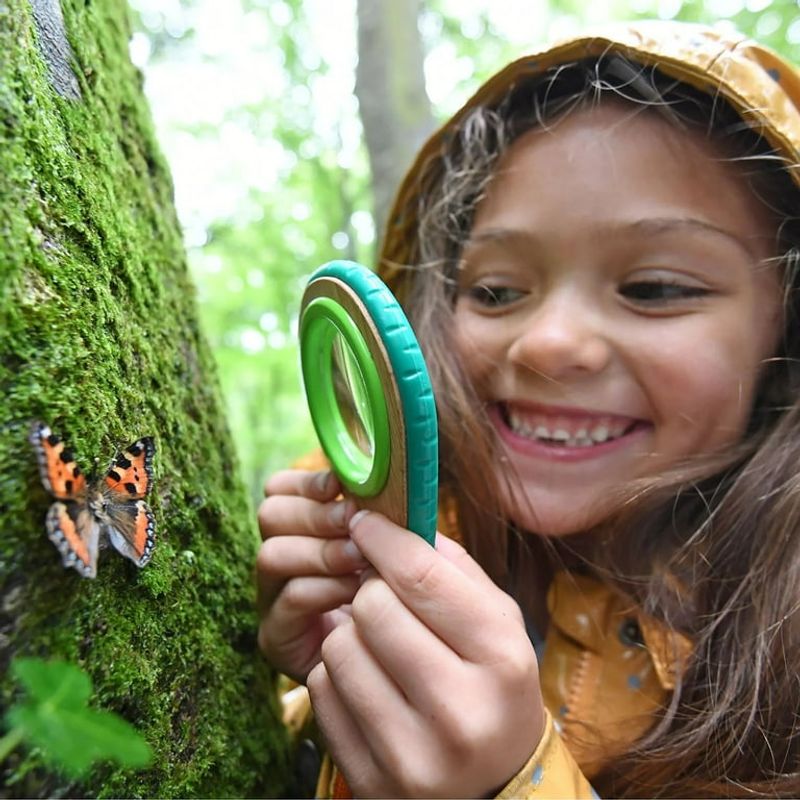
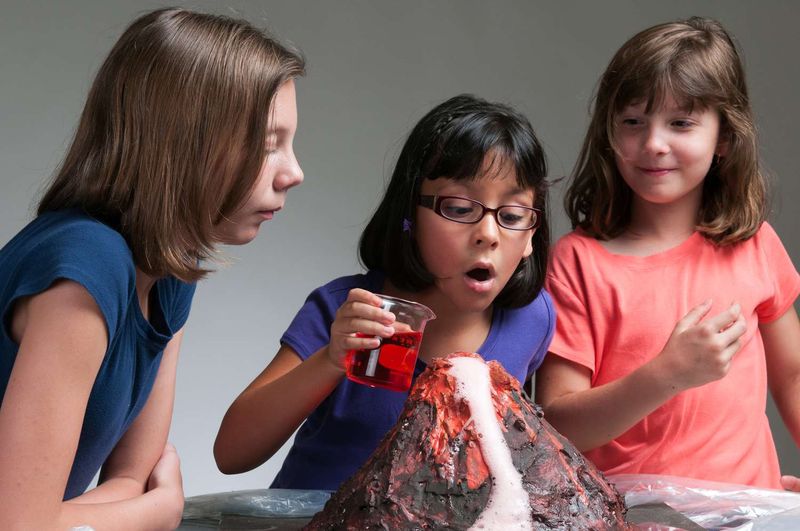
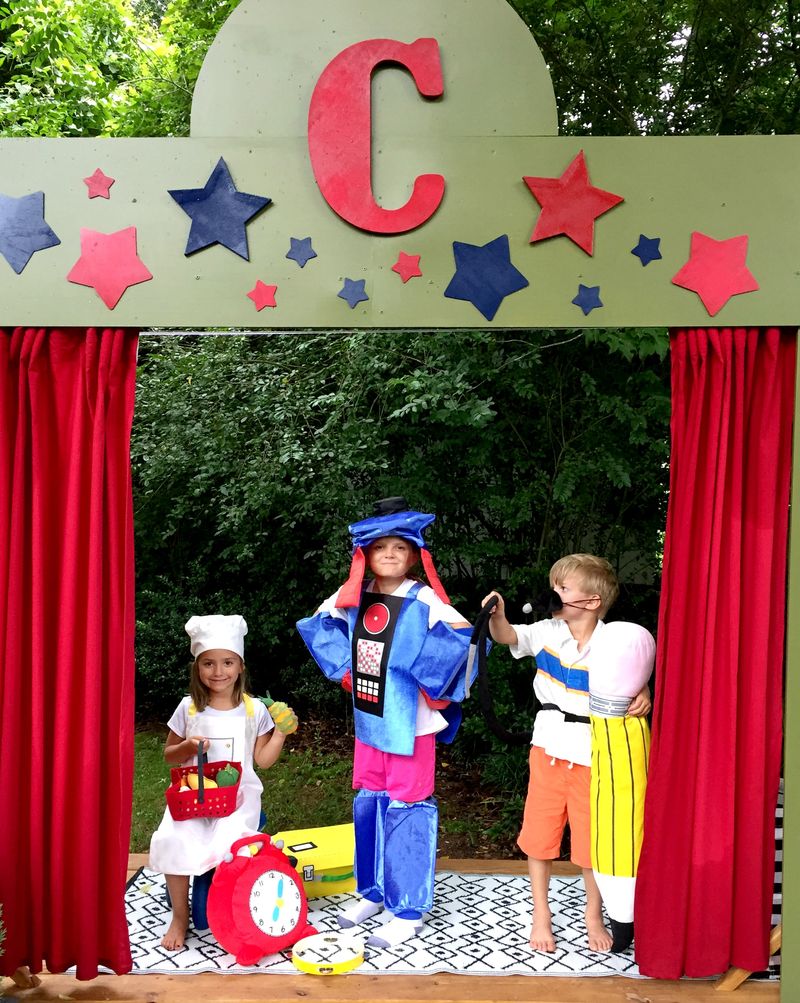
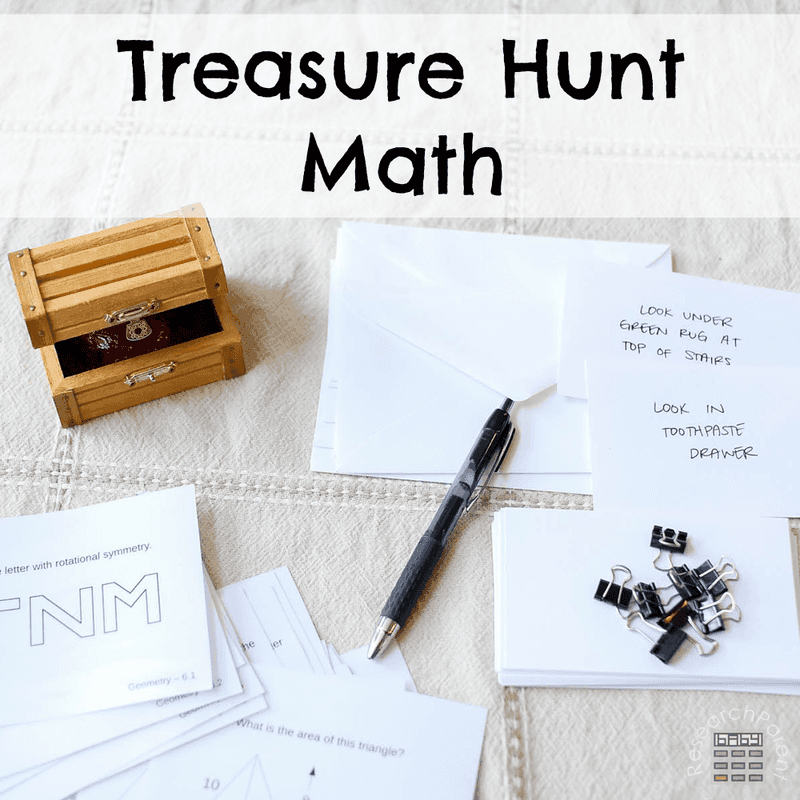
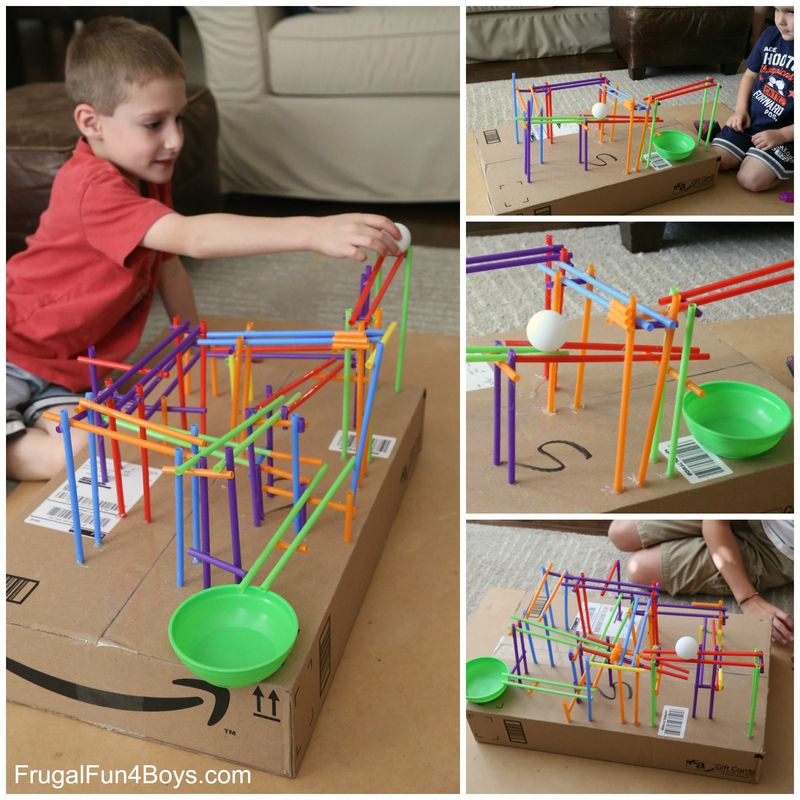

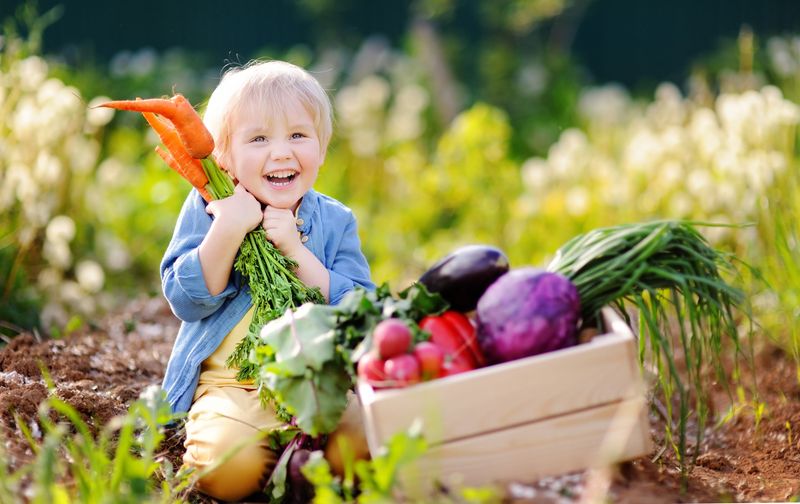
Comments
Loading…